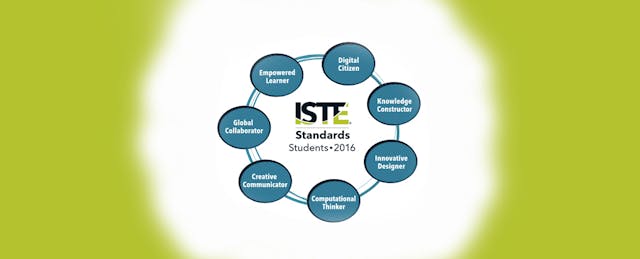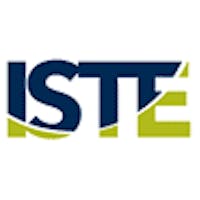The new ISTE Standards for Students, released in 2016, were developed to empower student voice and ensure that learning is a student-driven process of exploration, creativity and discovery no matter where students or teachers are in the thoughtful integration of technology.
The standards mesh perfectly with the guiding philosophy of the Remake Learning Network, a group of educators and innovators working together to shape the future of learning and teaching in the Greater Pittsburgh region.
Our network includes more than 250 organizations—including early learning centers and schools, museums and libraries, after-school programs and community nonprofits, colleges and universities, ed-tech startups and major employers, philanthropies and civic leaders—all of which, like ISTE, are committed to inspiring and empowering a generation of lifelong learners.
As educators set out to implement these aspirational new standards in their schools and districts, many realize they need to understand what the standards look like in action. So, here’s a look at replicable Remake Learning Network projects that exemplify the ISTE Standards for Students.
Children’s Innovation Project (CIP)
This project defines innovation as finding something new inside something known. This frame for innovation allows space for children to find small, authentic discoveries and reflect on themselves in relation to the materials they explore. Technology is considered a raw material that nudges children to explore with Circuit Blocks, electronic toys and other devices and components. CIP doesn’t attach value to technology itself, but considers it a means to learning, not an end. Through a focus on the language-logic systems of technology, children gain access to the thinking of technology instead of just using the stuff of technology.
Connection to the standards: CIP connects to ISTE's Empowered Learner standard, which expects students to leverage technology to take an active role in choosing, achieving and demonstrating learning goals.
Studio A: Designing Creative K-12 Project-Based Learning
This 2½ day hands-on workshop introduces the arts as activities that enhance various stages of project-based learning. Educators are divided into smaller peer learning groups (primary grades, elementary grades, middle school and high school), but also have opportunities to network and learn from all of the participants regardless of the grade-level they teach. Artists from various mediums (visual arts, improvisation, dance/movement, etc.) conduct mini-workshops and are available for “office hour” consultation. Design thinking practitioners from LUMA Institute and experienced PBL teachers help educators workshop and develop their ideas.
Connection to the standards: Studio A, with its emphasis on design thinking, supports the Innovative Designer standard by preparing educators to teach students to use a deliberate design process for generating ideas, testing theories, creating innovation artifacts and solving authentic problems.
STEAM Innovation Summer Institute
This summer program is designed to assist districts in transforming education through innovation and provide experiences for teachers that become a springboard to a greater vision. Participants are expected to implement what they learn in their classrooms or in after-school programs during the upcoming school year. Participants report back to the institute team twice during the year to help gauge the impact on learning and teaching. The institute offers courses for educators on programming, maker projects, computational thinking, personalize learning and more.
Connection to the standards: By introducing educators to topics that encompass design thinking, computational thinking, programming, making and robotics, this institute touches on several of the standards including Empowered Learner, Computational Thinker, Innovative Designer and Creative Communicator.
Montour Summer STEAM Camp
This camp allows students to explore various STEAM fields in a fun and engaging environment that allows student to apply what they learn to a project of their choice. Students of mixed ages work in groups to develop their strengths and improve areas of weakness. As a culminating activity on the final day of camp, students share what they made and learned throughout the week.
Connection to the standards: The variety of activities covered in this camp—from creating fitness apps to building robots—has the potential to address several of the Student Standards, from Innovative Designer and Empowered Learner to the Digital Citizen standard, which encourages students to use digital tools to have a positive influence in the world.
Hear Me
This initiative of the CREATE Lab at Carnegie Mellon University invites students to contribute their voices to meaningful conversations through media-making projects. Hear Me’s platform connects student voices to audiences to inform policies and practices and raise awareness about youth issues. Hear Me amplifies kids’ voices using media and technology to create a world where they are heard, acknowledged and understood, giving them the power to inspire social change.
Connection to the standards: This project emphasizes "student voice," a hallmark of the ISTE Standards for Students. By amplifying student voice with media-creation tools, it allows students to address the Creative Communicator standard, which states that students should communicate clearly and express themselves creatively for a variety of purposes using the platforms tools, styles, formats and digital media appropriate to their goals.



